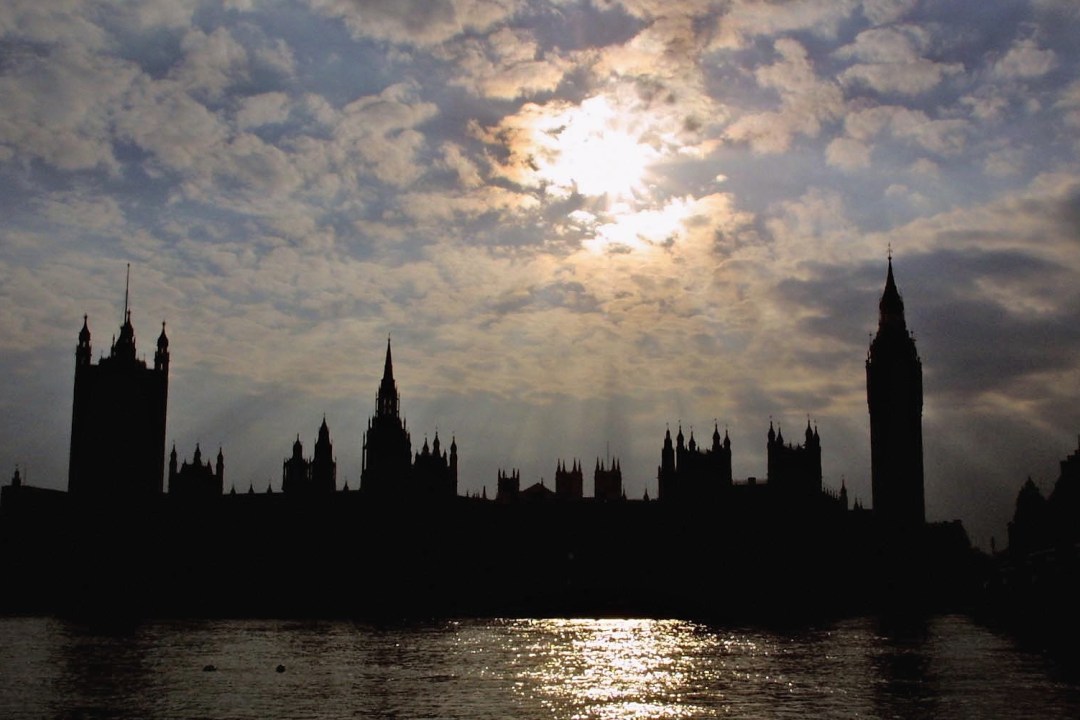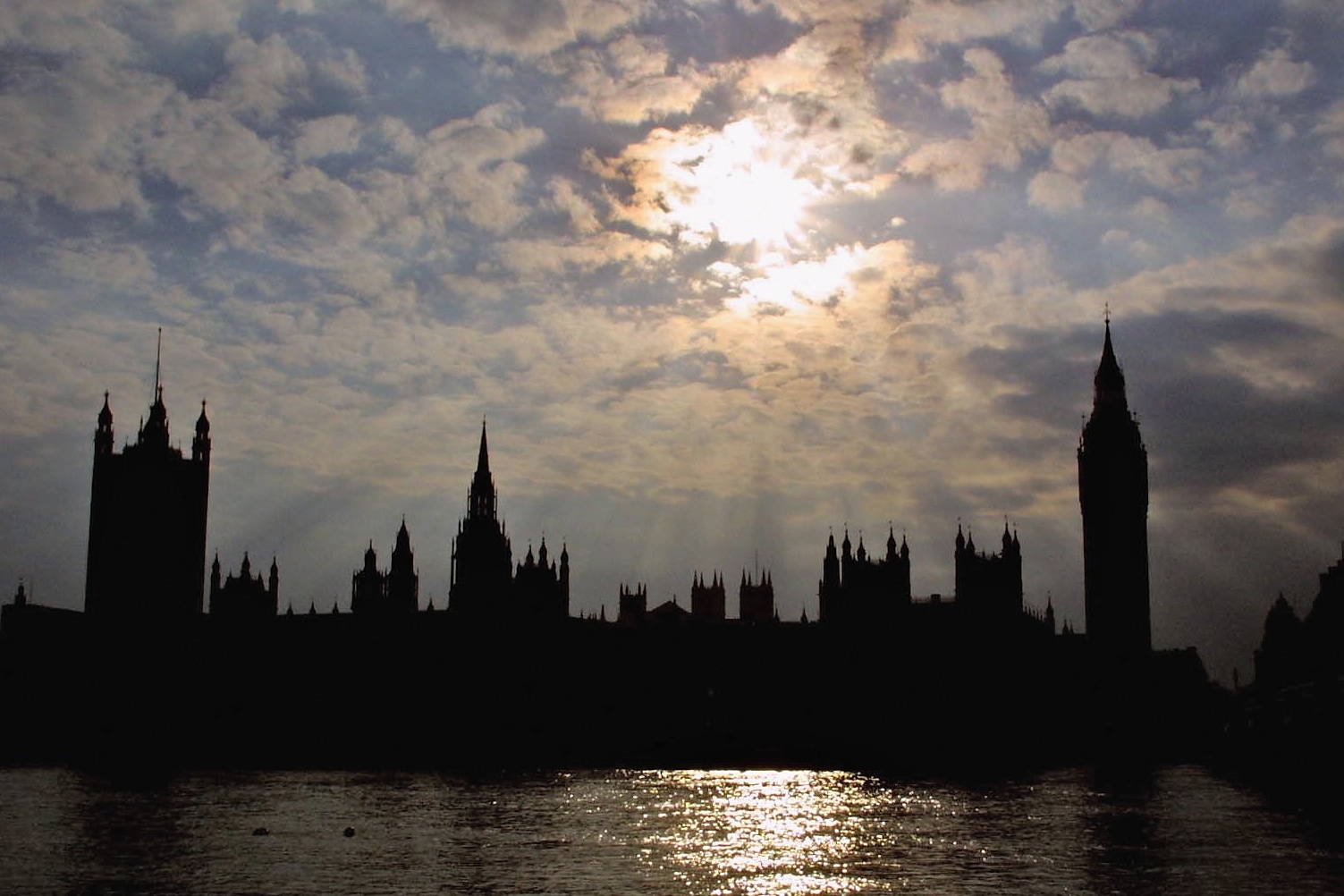In the past few minutes, Ipsa has confirmed that it will give MPs a 10 per cent pay rise that means they’ll get £74,000 a year, backdated to 8 May 2015. This, for those who are shouting at their individual MP for giving himself or herself a pay rise, is a decision that MPs cannot resist, although a number of them spoke out in favour of or against the move. David Cameron had pleaded with the independent body to drop plans for the pay hike, but today Ipsa Chair Sir Ian Kennedy said:
‘Parliament gave IPSA the power to deal with the vexed issue of MPs’ pay – independent of Parliament and Government. Pay has been an issue which has been ducked for decades, with independent reports and recommendations from experts ignored, and MPs’ salaries supplemented by an opaque and discredited system of allowances.
‘We have made the necessary break with the past. We have created a new and transparent scheme of business costs and expenses, introduced a less generous pension scheme, where taxpayers contribute less and MPs make a higher contribution, and scrapped large resettlement payments. We have consulted extensively on MPs’ pay, and with today’s decision we have put in place the final element of the package for the new Parliament.’
You can read the full report setting out the decision here. Two things will happen now. The first is that MPs will get paid more, even as they protest it. The second is that MPs who protested the pay rise will make a song and dance about donating the extra dosh to charity, which a number have already pledged. There is no formal mechanism for handing back your pay rise as an MP, just as there is no way MPs can block the pay rise – unless they abolish Ipsa.
As is the case for anyone who receives a salary, giving part of it to charity is a good idea, whether you be a comfortably-paid MP or the modern-day equivalent of the Poor Widow. And here’s a suggestion for those MPs feeling their money is better spent by a charitable organisation than by themselves. Why not donate your extra cash to a charity that offers bursaries to those from low income backgrounds who want to stand for Parliament?
It costs people tens of thousands of pounds of their own money to be a Parliamentary candidate: and that is no guarantee of them winning their seat. I know a number of candidates who did not win a seat in May who spent over £50,000 of their own money, including lost earnings, to run. Perhaps this is a sign of their commitment to their party, or perhaps it’s a sign that running for Parliament is only possible for those who have personal wealth. If you ran a corner shop or worked low-paid shifts, how could you possibly think that the world’s most expensive job interview was worth it when you might not even win your seat?
In between pretending that they wouldn’t like to be paid a bit more (how many people reading this would really turn down a pay rise if they were offered it?), MPs like to complain that Parliament doesn’t really look like Britain, that it contains too few working class people and too many people from a limited range of professional jobs or who arrived in Westminster aged 21 and haven’t left. Perhaps if they fancy showing that they’re really public spirited by donating some of their new salary to charity, they could help solve the second problem by offering financial support to those who, unlike them, couldn’t even contemplate the cost of being a Parliamentarian.








Comments